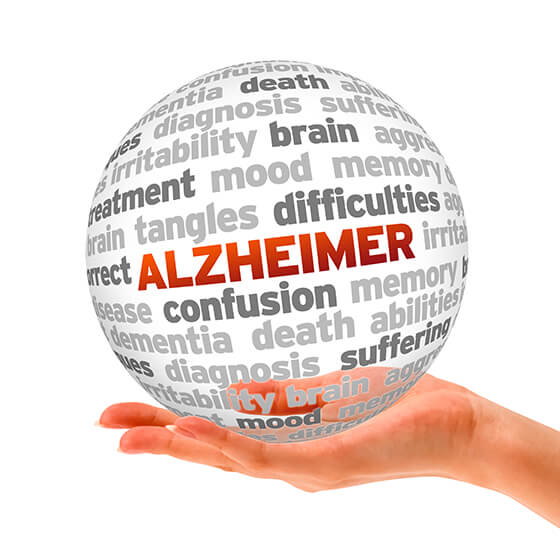Anosognosia, pronounced ‘uh-no-sog-NOH-zee-uh’, is a condition that sometimes affects people with Alzheimer’s disease which impairs their ability to understand that they are being affected by an illness. In etymology, anosognosia means “to not know a disease” in Greek: a- (without) + nosos (disease) + gnosis (knowledge). Thus, anosognosia is more than just denial is a complex condition that can vary in severity over time. Your loved one may have more recognition of their condition at times, and other times have a total lack of awareness. This varying degree of awareness may allude to a sense of denial; however, this fluctuation is common in their cognitive impairment and their lack of awareness is authentic.
What is Anosognosia?
Anosognosia is a medical condition that is defined by its lack of insight concerning its medical condition. A medical definition is an inability to identify the presence of the deficits or characteristics of a disease, as well as their magnitude, progression, and how they limit life. If your loved one suffers from anosognosia, due to their lack of awareness, they may evade questions about their condition, minimize their symptoms and even refuse treatment.
Anosognosia often affects people with Alzheimer’s disease, bipolar disorder, and schizophrenia.
Symptoms of anosognosia are often linked to the following conditions:
- Dementia and Alzheimer’s disease
- Huntington’s disease
- Bipolar Disorder
- Schizophrenia
- Mental Illness such as depression
- Traumatic brain injury
- Brain Tumors
- Stroke
Anosognosia and Alzheimer’s Diseases
Anosognosia can be somewhat common in people with Alzheimer’s disease, and it is estimated that up to 81% of people with Alzheimer’s have a form of anosognosia. Unfortunately, as dementia worsens, the lack of awareness due to anosognosia can also worsen. The misconception of your loved one feels real, and it can be challenging to navigate their understanding of themselves while also attending to their medical needs. This can lead to social conflicts and medical issues due to difficulty regarding getting them to follow their medical routines, including medications. This can lead to interpersonal relationship issues due to increased frustration and anxiety on the part of the primary caregiver and agitation and combative feelings on the part of the patient. This can lead to a challenging relationship and even avoidance.
Anosognosia Causes
The cause of anosognosia can be difficult to pin down and fully understand. There are a variety of conditions in the brain, including neurological and mental health disorders that affect the frontal lobe which controls memory and their perception of themselves. In people with anosognosia, the frontal lobe is not as effective as it should be. Memories, such as important events and new skills, update how people think about themselves, however, without the support of the frontal lobe these memories do not maintain themselves and fade quickly. This means these people lose sight of the changes in their lives and lose sight of who they are.
Anosognosia is a challenging and ephemeral condition that is defined by its lack of static nature as the severity of symptoms can come and go. Your loved one may sometimes have full awareness of their medical condition and may at times lose sight of their illness. Without treatment, the symptoms of anosognosia and dementia can worsen concurrently which can make it difficult for them to cooperate with their medical routine. This can hinder their primary caregiver’s ability to assist in their medical care. If you suspect that your loved one has anosognosia, then you should connect with your family doctor for medical advice and treatment.

